WINSLOW – Mason Lee and a friend pretended to be sharks in the backyard pool on a recent hot summer day – variants of the game lasted hours. Rafts, snorkeling masks and numerous pool toys bobbed in the boy-made waves.
Mason, who is 8 – almost 9, he never fails to point out – plays baseball and basketball and runs seemingly nonstop.
Favorite subjects in school? Gym and recess.
Ask him a question, get one-word answers. Even when Mom and Dad ask.
Can we go back in the pool now?
By most appearances, Mason – whose ears stick out nearly at right angles from his head – is a typical boy.
Until he takes his shirt off.
A scar travels down his sternum, more prominent at his neck and then fading as it reaches the middle of his chest.
Mason has had two heart surgeries – as a baby and at age 7 – to implant two different mechanical valves to replace a malfunctioning mitral valve.
His nonworking heart valve was the equivalent of someone placing a thumb halfway over the opening to a garden hose, medical professionals said.
The man-made valves – the current one is about two-thirds of an inch in diameter – have kept him alive.
But he’s not merely surviving.
He’s thriving.
Mason was born at precisely the right time and the right place.
If not for exactly the set of circumstances playing out shortly after he was born – starting with a pediatrician noticing something wrong with his heart test results – Mason would not be enjoying the summer of 2015. For both surgeries, he participated in national clinical research trials – another stroke of good timing, making what was already a rare event even more unique.
And he had the good fortune of being the patient of Dr. Reed Quinn, a nationally renowned pediatric surgeon who specializes in heart care. Quinn is the only surgeon in Maine to implant the mechanical heart valves in infants. He has performed such procedures on seven infants over the past 10 years..
If not for the medical intervention, Mason likely would have died as a baby – drowning in his own internal fluids or of organ failure – said Dennis Atherton, a cardiac sonographer at Maine Medical Center in Portland.
“We don’t dwell on what could have been very much,” said Mason’s father, Jamie Lee.
Instead, Mason is projected to have a normal, healthy life span with his mechanical valve securely in place.
THE SCARE IN SEPTEMBER 2006
But while Mason’s father and mother, Hillary, don’t think about “could have beens,” the memories of September 2006 stayed with them and return swiftly when asked to recall them.
Mason was born on Aug. 18, 2006, a seemingly healthy baby.
But five weeks after his birth, he started vomiting frequently during the night, said Hillary Lee, a nurse at MaineGeneral Medical Center in Augusta.
“Being a nurse, I thought, ‘He’s fine, there’s nothing wrong with him,'” said Lee, waving her hand. She said she’s seen many people overreact to their medical conditions, so she had become skeptical that his symptoms signaled a severe problem.
A visit to the local pediatrician uncovered a heart murmur, some unusual test results, and a recommendation to see heart specialists at Maine Med, about an hour and 15 minute drive from Winslow.
Lee said she was still unconcerned, as many babies have heart murmurs. Most heal on their own.
“I thought I would be stopping in Freeport to go shopping on the way back, and we’d be home by dinner,” Lee said.
But after more testing, Maine Med’s Dr. Jon Donnelly told the bad news to Mom.
“He told me that nine out of 10 times, it’s nothing, but you’re not the nine out of 10,” she said.
The preliminary diagnosis: a severe case of primary pulmonary hypertension, an incurable disease caused by the narrowing of the lung’s blood vessels.
For Mason, it would have been a death sentence.
“I cried nonstop for a full day,” Hillary Lee said.
Jamie Lee had been working in Aroostook County and raced to Portland when he heard the news. Arriving at Maine Med was almost a surreal experience, he said, a zoo of doctors, nurses and family members.
“I’ll never forget when Dr. Donnelly told me, “You should hug your child. Enjoy your child now,’ ” Jamie said.
They were in a small room with three other sick, crying babies at Barbara Bush Children’s Hospital at Maine Med – a room dubbed “baby hell” by Hillary, with nothing to do but contemplate a grim future.
But then, about a day later, more testing showed that it was instead an improperly working heart valve – mitral valve stenosis. Serious, but not fatal.
“It seems strange to say now, but we were like, ‘Yes! It’s his heart,'” Hillary said, pumping her fist. “It wasn’t a death sentence anymore. It was like it instantly went from night to day.”
AN INFANT’S OPEN HEART SURGERY
Two days later, nurses wheeled Mason into open heart surgery, where Quinn, the pediatric surgeon, would use his nimble fingers to repair a tiny heart.
While mechanical heart valves have been around for decades, ones built for infants or children are fairly new – medical device companies have been making them for only about 10 years.
At the time, the 15 millimeter in diameter (about a one-half inch) St. Jude Medical valve was still in a clinical research trial, but the Lees said they trusted Quinn’s expertise.
Atherton, the Maine Med cardiac sonographer, said the skill it took to pull off the surgery for Mason was “amazing” because Quinn was working on a heart as big as the baby’s fist, or about the size of a large strawberry.
Meanwhile, the valve must be as big as possible for the child to grow into so it will last – kind of like buying a pair of shoes three sizes too big.
Atherton said that in children, doctors install the valve in the interior chamber known as the atrium because it’s too large to put in exactly where the valve is located, giving the heart time to grow into its valve.
“We put it in upstream, so to speak,” Atherton said.
Quinn performs many heart surgeries to save children’s lives, but even for him, using a mechanical valve on a child’s heart is very rare.
That’s because such severe valve problems in babies are exceedingly rare, probably less than one in 100,000, according to medical professionals. The March of Dimes estimates that about one in 1,000 babies are born with “critical” heart defects, but among those many can be repaired through traditional surgeries, and do not require mechanical valves.
Quinn – the only doctor in Maine to perform the pediatric mechanical valve surgeries – has inserted mechanical valves in seven infants at Maine Med in 10 years. There are about 14,000 births in Maine every year, according to the state.
In a brief telephone interview with the Maine Sunday Telegram, Quinn said Mason and his family have a positive attitude and that’s what has helped Mason recover and deal so well with the surgeries and their aftermath.
Hillary said because she had heard of mechanical valves at her job, it did not seem as scary.
“I didn’t think, ‘Oh, my God, what are you putting into my child?'” Hillary said.
When asked what it’s like to use the new technology to save children’s lives, Quinn said his job gives him a lot of personal satisfaction.
“Helping people in this way, it’s the best,” Quinn said. “I really love my work, love what I do.”
At age 7, Mason had another open heart surgery to install a larger valve – the “On-X” valve measuring 17 millimeters in diameter.
Atherton said Mason’s new valve is not only larger, but it has better flow, and could last Mason’s lifetime.
The cost of the surgery – which ranges about $80,000 to $200,000, according to the American Heart Association – was paid for by the clinical research trial and the Lees’ health insurance.
LIVING WITH A HEART CONDITION
For the Lees, dealing with Mason’s heart condition has been surprisingly easy.
They’re more protective of Mason – and perhaps come down a little harder on big sister Hunter when they rough-house – but they realize that they can’t be over-cautious.
“We don’t want him to live in a bubble,” Hillary said.
Mason takes blood thinners, which means he can’t play contact sports. Football and hockey are out, but he can play baseball and basketball.
He bruises easily and if he gets cut, he will bleed profusely, so they have to be careful to notice cuts and apply quick and consistent pressure.
“Watching him play sports is hard on the nerves. If he gets hit by the ball, it’s hard to look,” Hillary said.
One time, a baseball hit Mason during a Little League game and left a platter-size bruise.
The imprint of the baseball – including the stitchings – was visible in the bruise for several days, Hillary said.
“I get the crooked eye sometimes when we let him play sports,” Jamie said. “But we need to let him live his life.”
Despite how dire Mason’s condition was as a baby, living with the mechanical valve has not been difficult, the Lees say.
When he was an infant, he needed to be hospitalized a few times, but the hospitalizations were routine, Hillary said. Now, they have to monitor his blood to make sure he’s taking the correct amount of medication. They need to go to extra doctor’s appointments to make sure the valve is working properly.
“So far, so good. Everything’s working great,” Atherton said, giving the “thumbs up” sign.
But other than that, Mason can do everything other children can.
When asked what it’s like knowing the mechanical valve is in his heart, Mason said it’s “weird.”
But it has benefits, too.
He said he likes missing spelling tests at school because he has to go to the doctor’s office more than other children.
After saying that and giggling, Mason shrugged his shoulders and jumped back into the pool.
Send questions/comments to the editors.


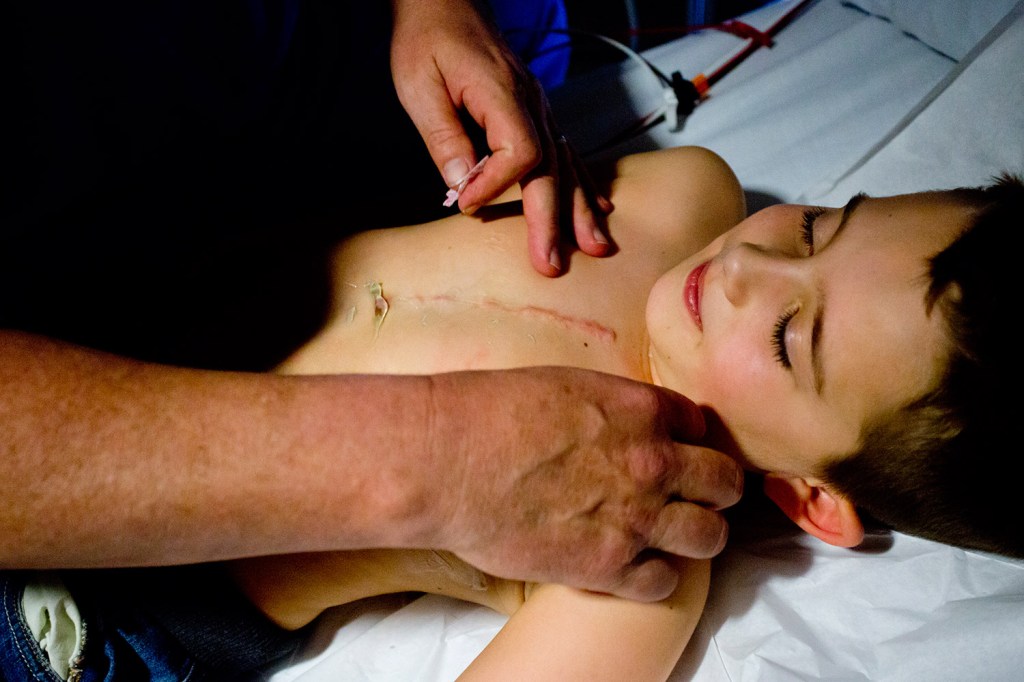
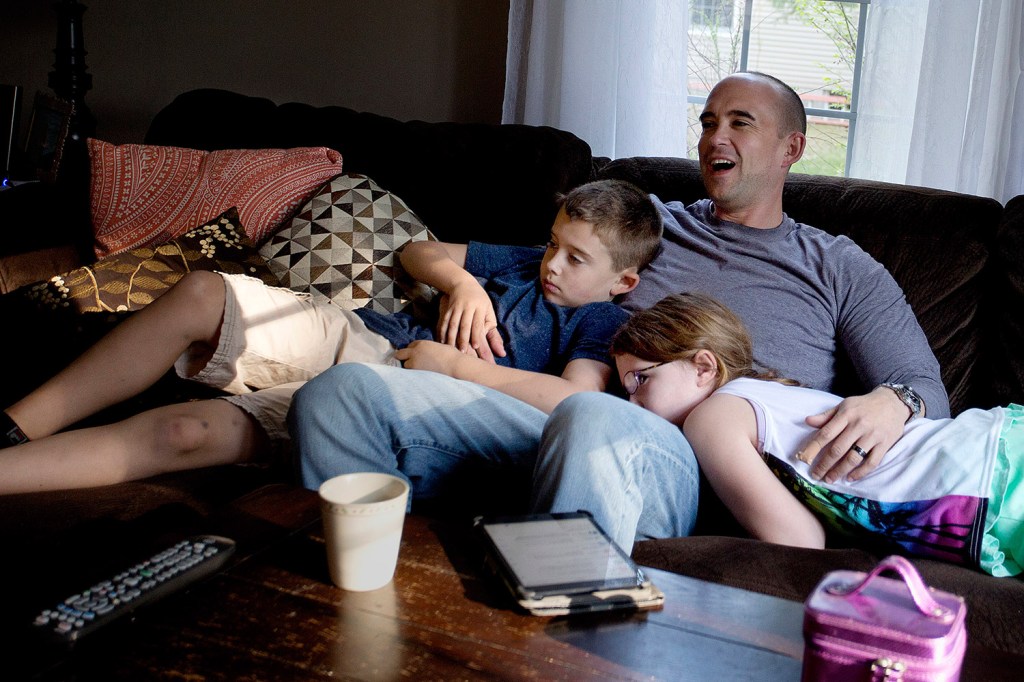

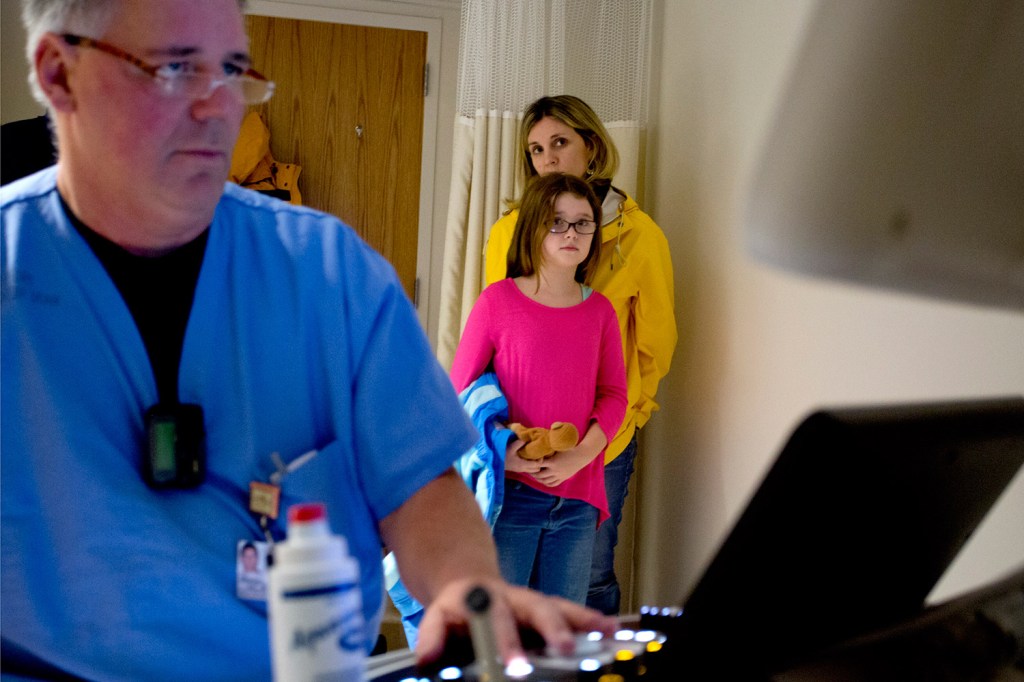
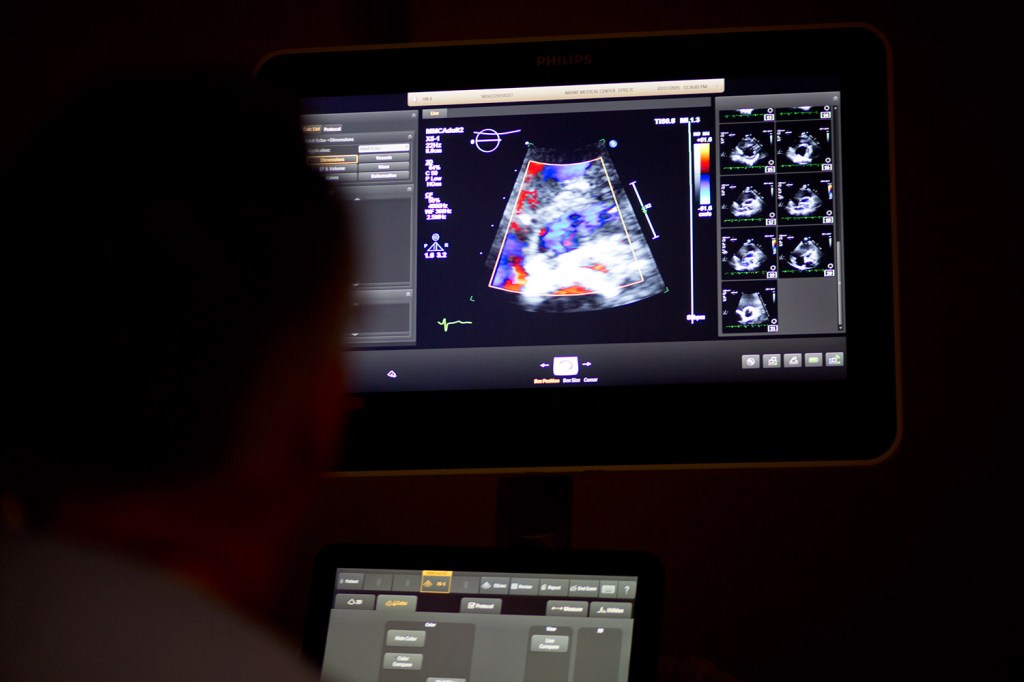
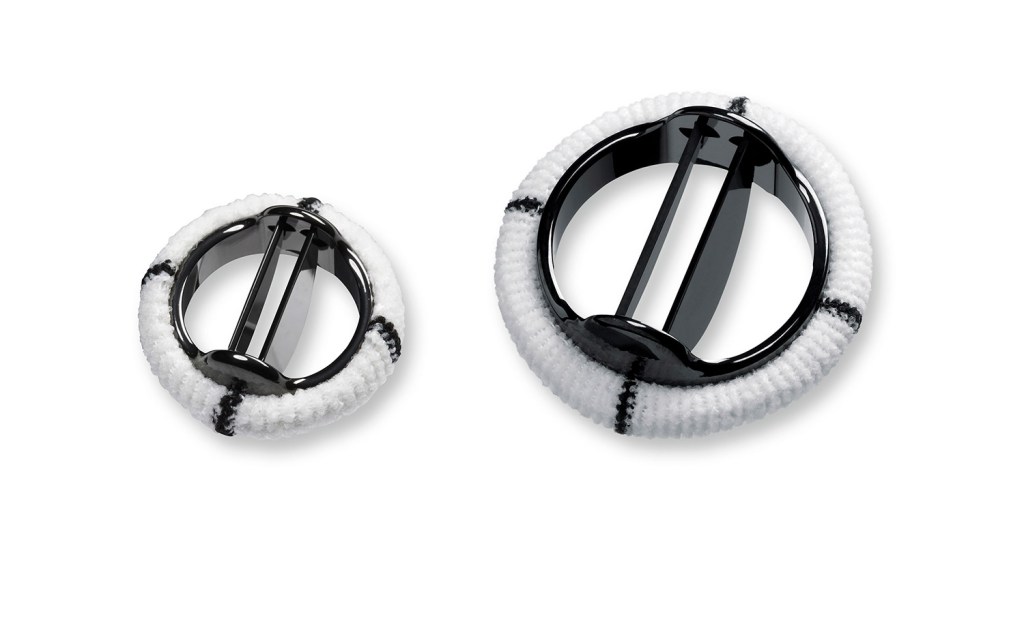
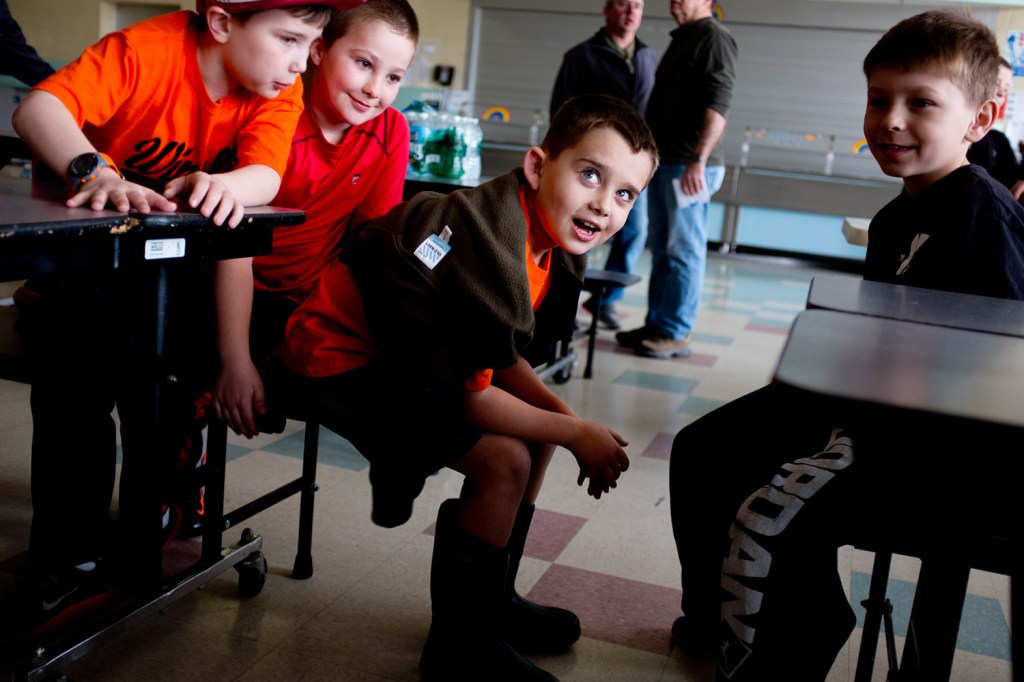
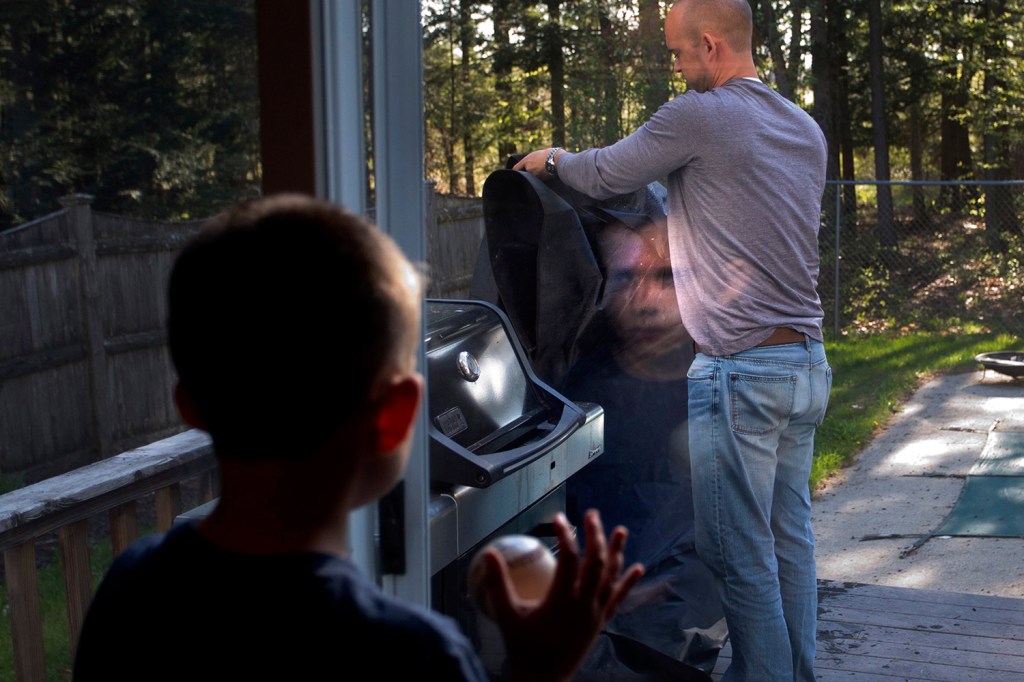
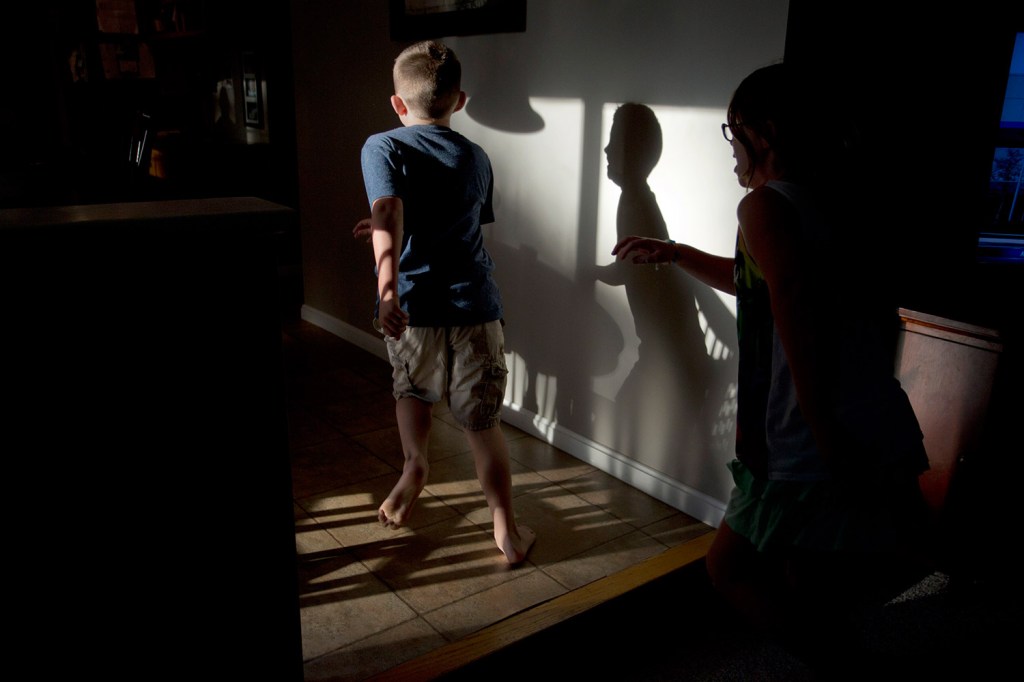
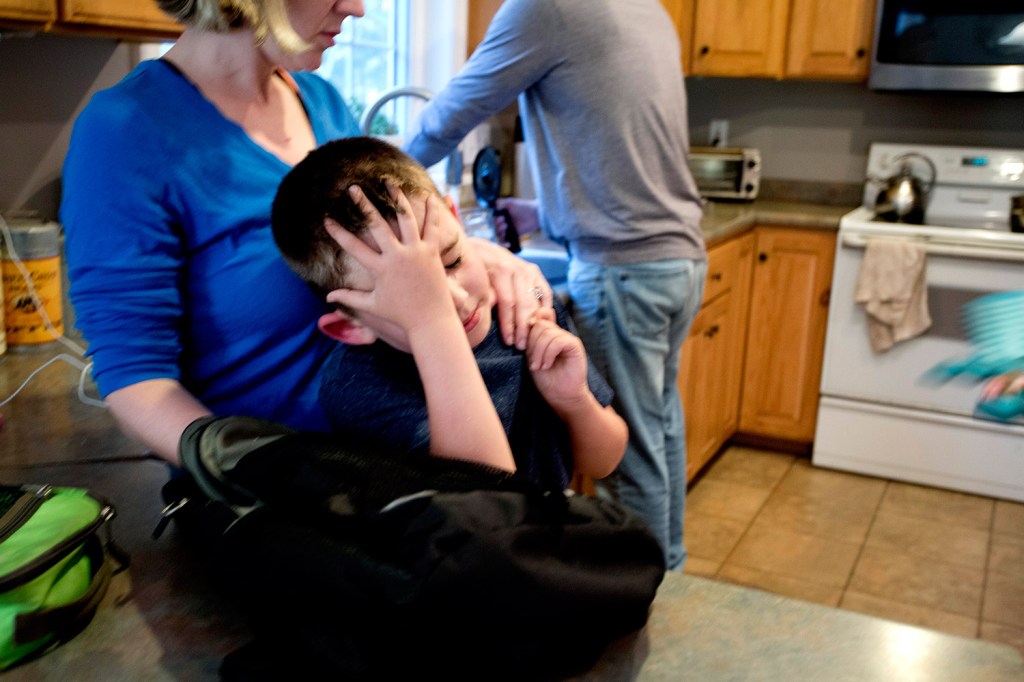

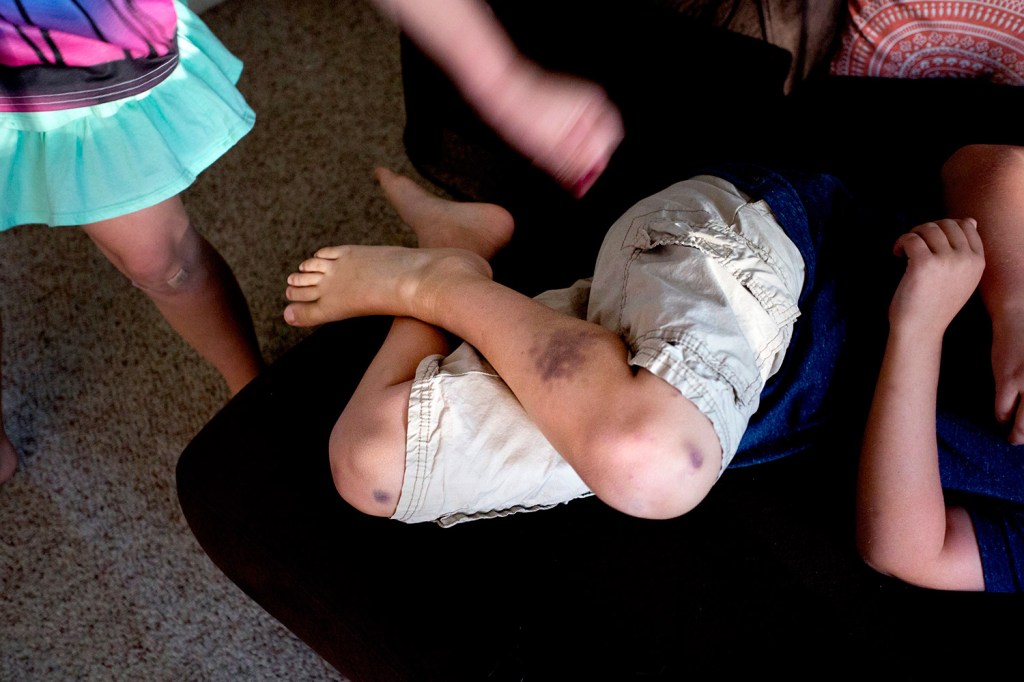
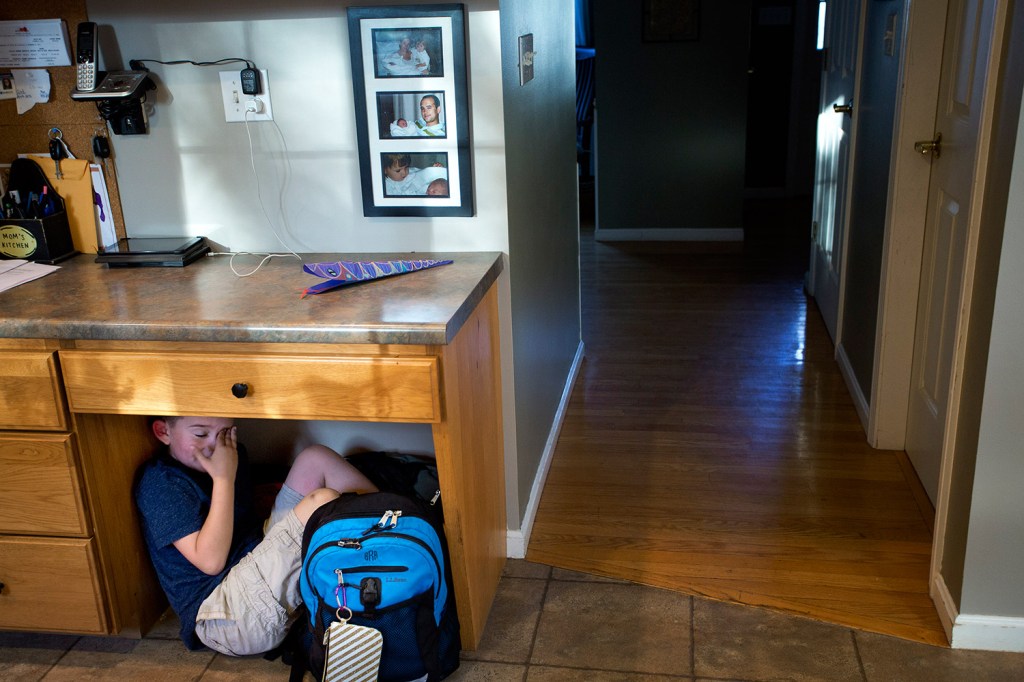
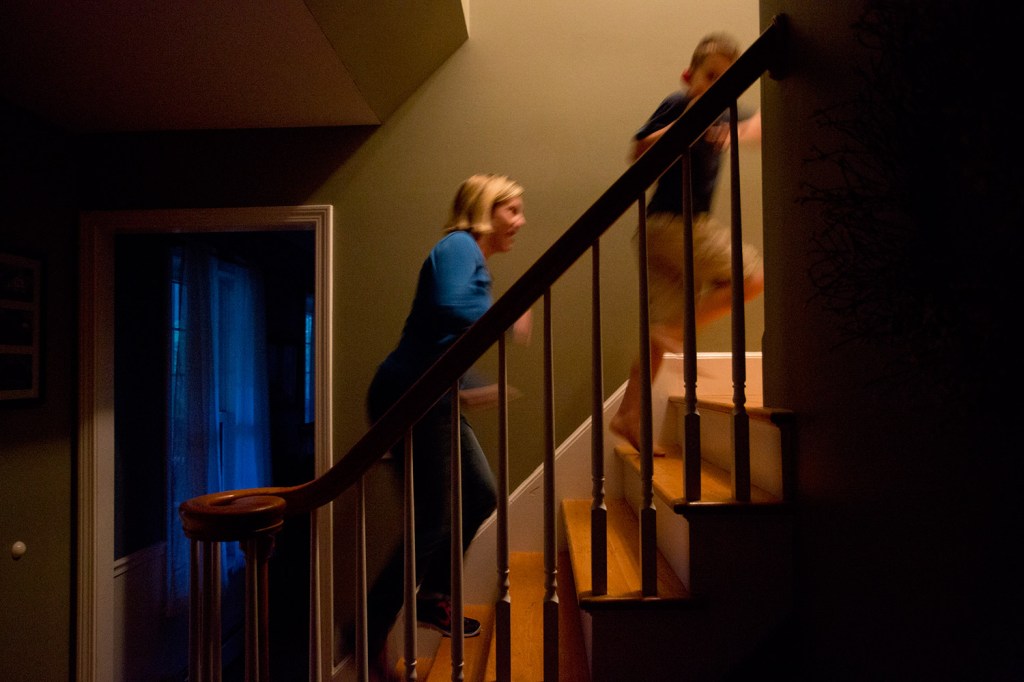
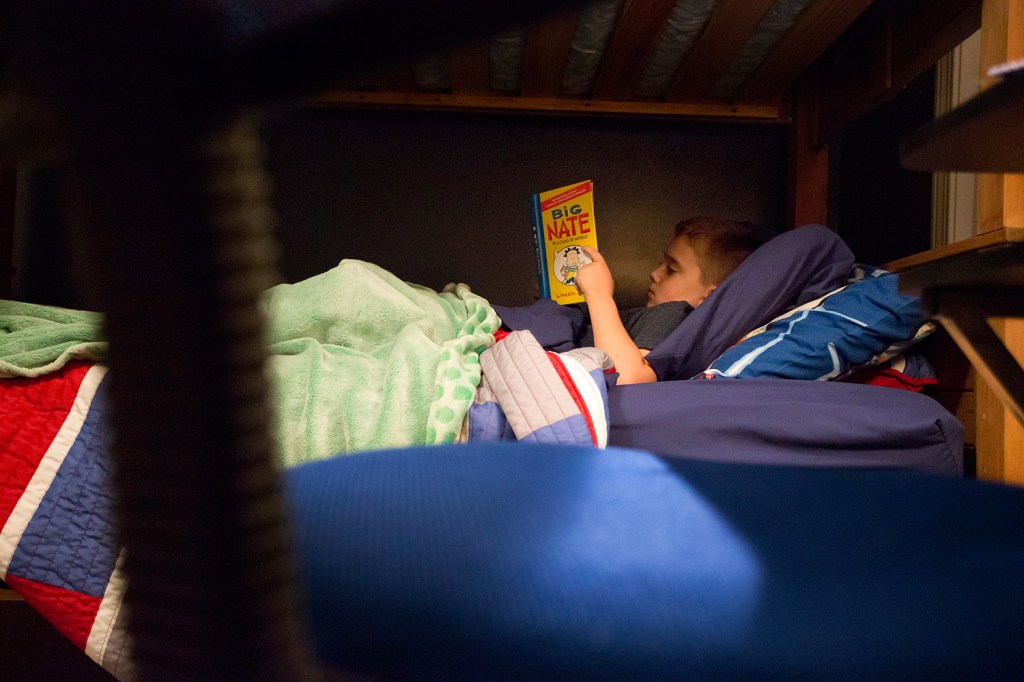
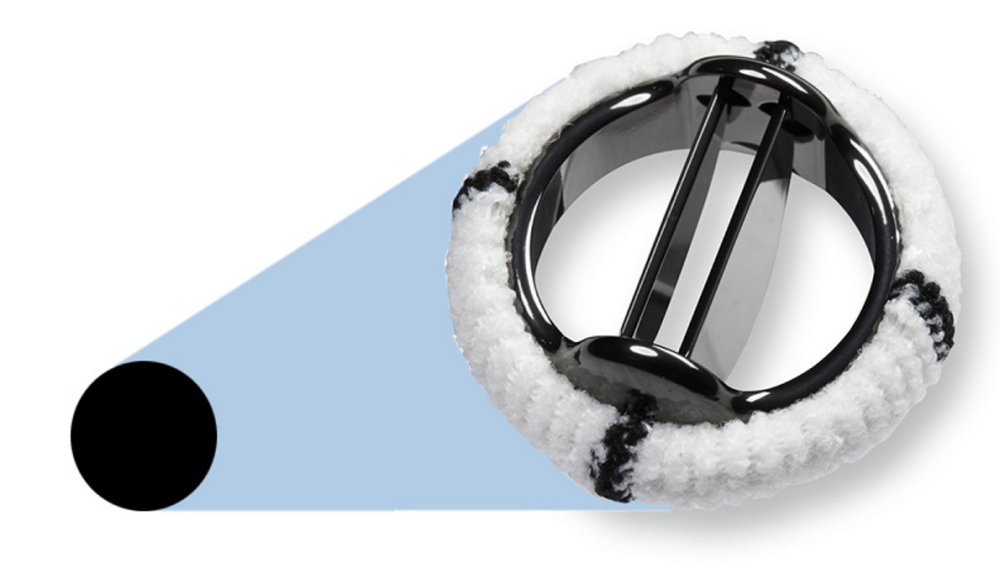

Comments are no longer available on this story